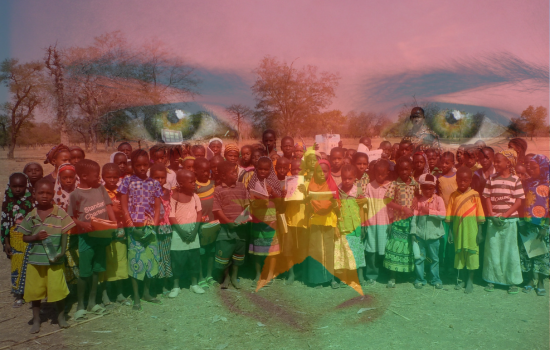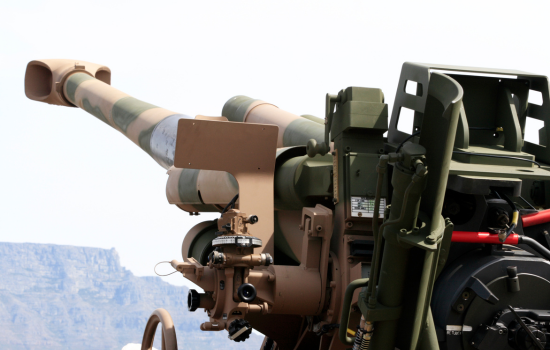The Fear of a Third Palestinian Intifada and What We Can Learn From the Second Intifada
During the last days major demonstrations took place across the West Bank in solidarity with Palestinian hunger-strikers and prisoners, with many Palestinian civilians wounded in the clashes with IDF forces. There are presently four Palestinian prisoners on long-term hunger strike and their plight have struck an emotional chord with Palestinians. Palestinian politician and activist Mustafa Barghouti warned that a Third Intifada would break out “if anything happens to the prisoners” (Bikya News, February 21, 2013).
According to Haaretz, the events in the West Bank “have brought Israel and the Palestinians closer to the boiling point than they have been in many years.” “For the first time since 2007, it seems that the Palestinian Authority (PA) has an interest in making waves, even if the leadership in Ramallah does not want to see long-term bloody clashes.” The reasons cited by the Israeli daily for PA’s position: diverting attention away from its failure to reach a reconciliation agreement with Hamas; worsening economic situation and the hope Israel could persuade the Arab world to renew donations to the PA; the upcoming visit by U.S. President Barack Obama to the region and the hope to persuade the administration to re-engage in Israeli-Palestinian peace talks (Amos Harel, Haaretz, Feb.24, 2013).
On this background see the article by Lt. Col. (ret.) Jonathan D. Halevi “The Palestinian Authority’s Responsibility for the Outbreak of the Second Intifada: Its Own Damning Testimony,” published by the Jerusalem Center for Public Affairs at:
I agree with Halevi’s conclusion that contrary to the claim made on February 11, 2013, on Israel’s Channel 10 television program “The Source” that there was not even an “iota of evidence” that the Palestinian Authority leadership, and Yasser Arafat in particular, planned and initiated the Second Intifada, which resulted in the deaths of more than 1,000 Israelis by 2005, the final decision to initiate the Second Intifada was indeed made by Yasser Arafat immediately upon the conclusion of the second Camp David summit, which ended on July 25, 2000.
See also my old article on the same subject “The Role of Terrorism in the Breakdown of the Israeli – Palestinian Peace Process,” published by ICT in May 2003, at the height of the Second Intifada.
Halevi cites Marwan Barghouti [one of the intifada’s most prominent Fatah leaders imprisoned in Israel for his direct responsibility in the killing of five Israelis], who presented a revealing statement (Akhbar Al-Khalil, March 8, 2000) on the strategy of the Fatah movement at the beginning of 2000:
“Whoever believes that one can reach a decision on the issues of a permanent agreement [with Israel] – for example, on refugees, Jerusalem, settlements, and borders – via negotiation is living under an illusion. On these matters we have to wage a battle on the ground in parallel to the negotiating framework….I mean a conflict.”
The question today is if the President of the PA, Mahmoud Abbas (Abu Mazen), will choose in the end the path of violence to which he was opposed until now, or he will lose control of the situation, after he encouraged the first stages of popular violence.
In an interview with the official website of the Hamas movement (palestine-info.info) in October 2010, cited in Halevi’s article, Mahmoud Al-Zahar, one of Hamas’ senior leaders, was asked if it can be expected that Abu Mazen will reach a stage in his conduct similar to the one of Yasser Arafat at his time, who ” instructed Hamas to carry out terror attacks while he was besieged in Ramallah.”
Mahmoud Al-Zahar answered that “Abu Mazen has neither the courage nor the vision, and he is incapable of betting his life on such an issue.”
It remains to be seen if Al-Zahar’s evaluation was right, in which case the possible transformation of the present violent demonstrations into a bloody Third Intifada could be the result of PA’s leadership losing control of the situation or if Hamas succeeds to thrust it in this trap by a wave of deadly bombings.






